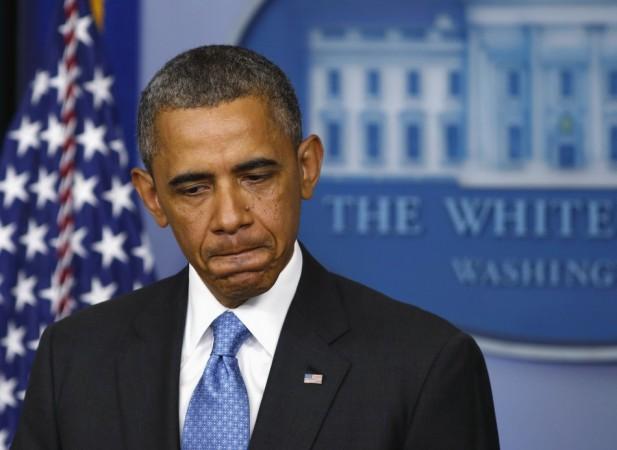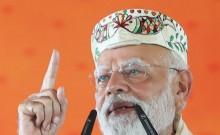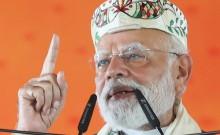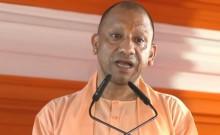
In his much-anticipated speech on NSA reforms, President Barack Obama made some serious promises but it still fell well short on substance.
The speech, which mainly revolved around bringing reforms in the National Security Agency and, in consequence, the entire American Intelligence agencies, was sourly disappointing.
In his almost 45-minute long speech, President Obama seems to have made some really tall promises.
The key points of his speech were:
• The much controversial storage of phone call information of millions of Americans will no longer be held by the government. However, the call records will still be stored, though now the NSA will have to come up with another option that would give it some sort of "indirect access".
• To access any American's phone records, the Intelligence agencies, as practice, will have to apply to the secret Fisa court for judicial approval.
• The secret Fisa court will have to include a panel of independent advocates to provide a voice in "significant cases".
• The NSA will no longer spy on the heads of state and governments of allies. Though it still remains uncertain how, Obama has announced that further protections would be given to foreign citizens whose communications were caught up in the agency's dragnet.
• To the people, he said the US government has to be hailed at a "higher standard" than private corporations that store user data or foreign governments which undertake their own surveillance.
In this widely anticipated address at the Justice Department on the future course of US surveillance policy, Obama - citing the "potential for abuse" - announced that the government will no longer hold databases of every call record made in the United States. However, in doing so, Obama did not clearly outline the steps that would eventually lead to the reforms. Instead what the President has really done was to boost the morale of the NSA and the Intelligence community.
"They're [NSA] not abusing authorities in order to listen to your private phone calls, or read your emails," Obama said. In fact, he actually supported some of the NSA measures on grounds of national security. "We cannot unilaterally disarm our intelligence agencies," he added.
Obama's speech has certainly disappointed civil libertarians, who wanted to hear the President defend the privacy of American citizens more emphatically.
President Obama also entirely missed out on any measure to safeguard Americans' data stored on cloud services, such as e-mail and online word processors. It also did not discuss the NSA meddling with Internet encryption standards, about which the US tech companies care deeply.
"What I did not do is stop these programs wholesale, not only because I felt that they made us more secure, but also because nothing in that initial review, and nothing that I have learned since, indicated that our intelligence community has sought to violate the law or is cavalier about the civil liberties of their fellow citizens," Obama stated.











